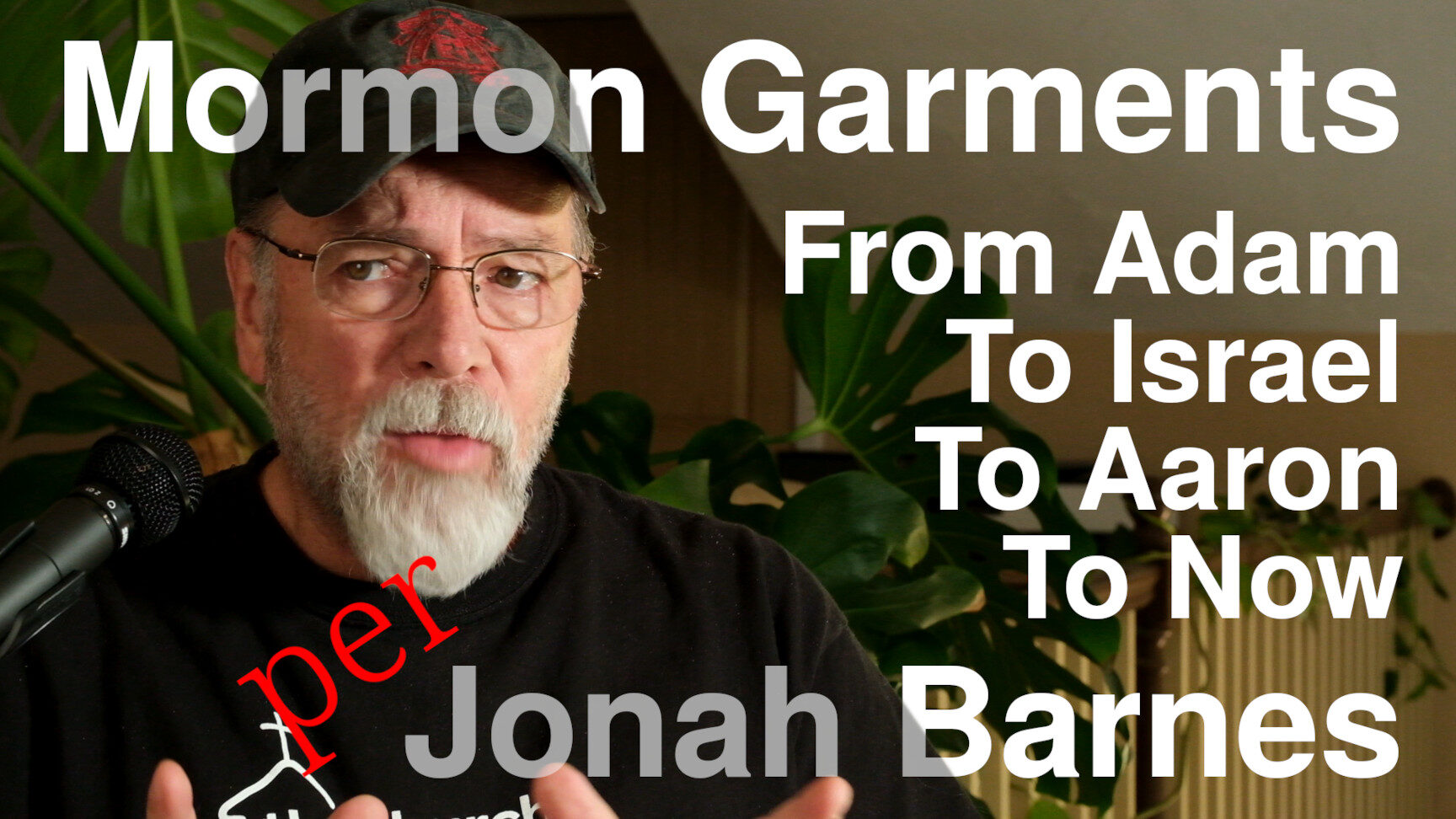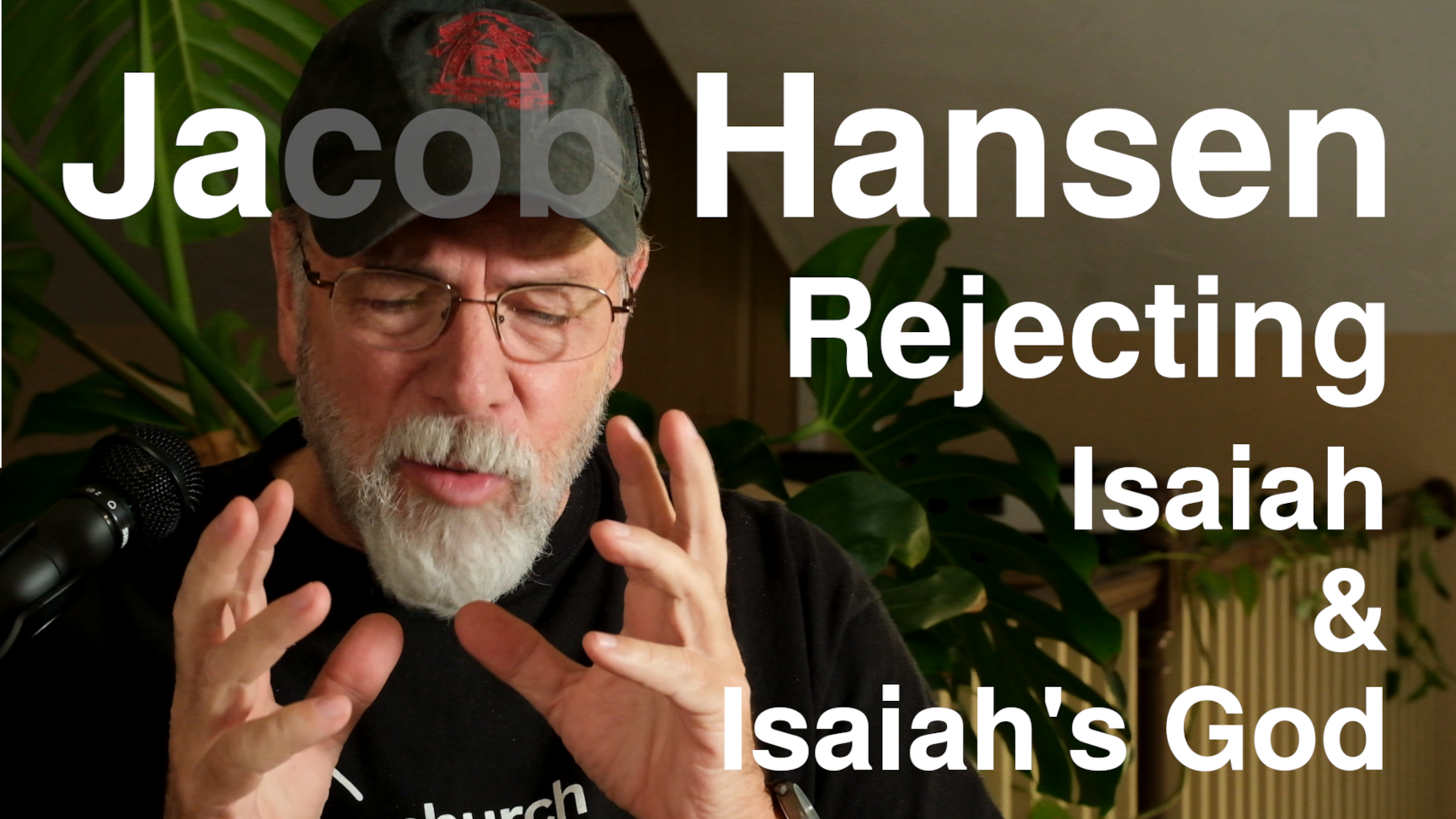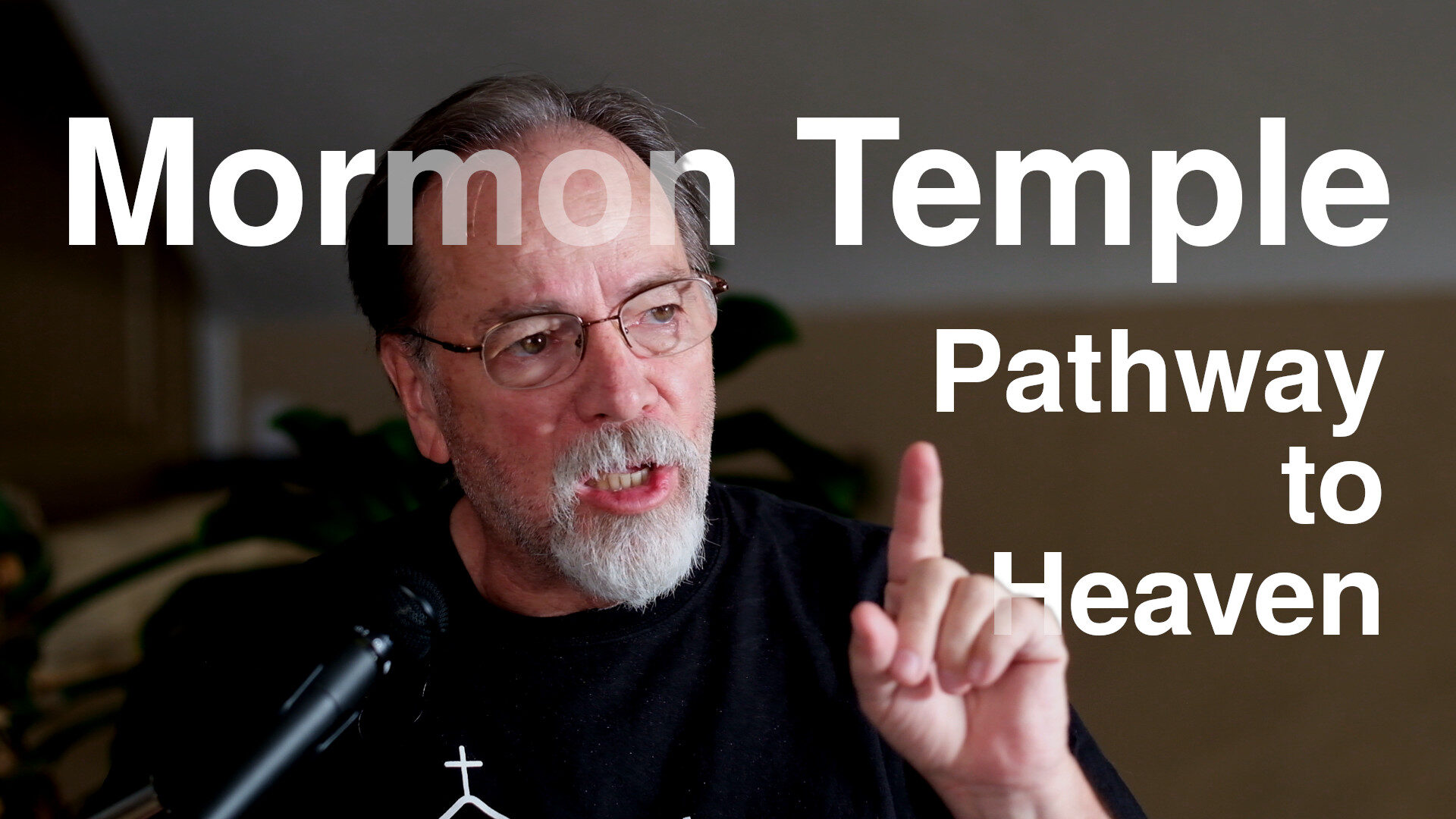Table of Contents
In Christ Pathway, My Response for a Friend
I have the privilege of knowing an exceptional young man who, like me, came out of a devilish cult to Jesus Christ. I admire him for many reasons. For other reasons, I am deeply concerned. He has recently criticized me for my concerns about Calvinism (Reformed Theology). I respond by way of the In Christ Pathway.
He insisted,
This whole thing your doing is stirring up division. I can think of men who have done more for the Kingdom of Christ than you have brother. Who held to the Calvinist position. D.L Moody, Jonathan Edwards, C.H Spurgeon, Calvinism is not heresy, otherwise your going to have to say those heroes of the faith are in hell as well. . .
Brother I have friends who have been through years of school and seminary, who have studied these things longer than you have who want to see people saved who want to make disciples who just son happen to hold to reformed theology, your not one who has spent years of school studying these things that I’m aware of. . .
Wesley Huff who made it on the Joe Rogan podcast is a Biblical scholar, holds a Master’s of theology and is working on a PhD in the New Testament. . .
Brother I have friends who have been through years of school and seminary, who have studied these things longer than you have who want to see people saved who want to make disciples who just son happen to hold to reformed theology, your not one who has spent years of school studying these things that I’m aware of.
Unnamed Friend
I don’t share these quotes to belittle or demean. Instead, I share them to point out that he is trusting in the authority of men and neglecting the Bible. In approximately forty text messages between us, he failed to quote scripture. Instead, he pointed to men of standing in Reformed Theology. The Bible warns against this practice.
9Even him, whose coming is after the working of Satan with all power and signs and lying wonders, 10And with all deceivableness of unrighteousness in them that perish; because they received not the love of the truth, that they might be saved. 11And for this cause God shall send them strong delusion, that they should believe a lie:
2 Thessalonians 2:9-11, KJV
6I am amazed that you are so quickly deserting Him who called you by the grace of Christ, for a different gospel; 7which is really not another; only there are some who are disturbing you and want to distort the gospel of Christ.
Galatians 1:6-7, NASB
Beloved, believe not every spirit, but try the spirits whether they are of God: because many false prophets are gone out into the world.
1 John 4:1, KJV
20O Timothy, guard that which is committed unto thee, turning away from the profane babblings and oppositions of the knowledge which is falsely so called;
1 Timothy 6:20, ASV
I do not present the above biblical citations to impuge any of the men cited as authorities by my friend. Instead, I provide these passages to drive home a single point. Every theological position must be tested against the Bible.1 Why? For every scholarly man who affirms Calvinism, there are others who deny the same. In fact, it is no difficult task to find celebrated men who affirm every worldview, good or evil.
Video
TULIP, the Five Points of Calvinism
Before we begin our interpretation of Ephesians 1, let us first examine the Five Points of Calvinism.
T = Total Depravity
Due to sin all of mankind is completely sinful, or depraved. Every part of fallen man is corrupted by sin. He is a creature that is incapable of obeying the law of God. . . So much for the common belief that mankind is basically good!
https://reasonabletheology.org/five-points-calvinism-defining-doctrines-of-grace
If man is a totally depraved being, can he possibly take the first step in the matter of his return to God.
A.W. Pink, Total Depravity
U = Unconditional Election
Believers were chosen by God “before the foundation of the world” (Ephesians 1:3-6). This further emphasizes our inability to earn salvation by our works, since election predates our very existence. . .
The Bible is clear that it is God who saves and that He does so according to His grace, not on the condition of our works or foreseen response to this grace. It is in this sense that election is unconditional.
https://reasonabletheology.org/five-points-calvinism-defining-doctrines-of-grace
L = Limited Atonement
Calvinism is distinctive in that it teaches Jesus’ death on the cross did not merely make salvation possible for those who choose to receive it, but that it made salvation definite for those who have been elected by God. . .
Either Jesus’ death was intended for absolutely everyone but is unable to save any but those who respond in faith (limited in its effectiveness), or His death was completely effective in atoning for the sins of those whom it was intended for (and so the atonement is limited in its intended recipients).
Stated another way, either Christ’s atoning death was meant for the salvation of all but is limited in its ability to accomplish this, or the intent of the atonement was ‘limited’ to fully redeeming all of God’s elect.
https://reasonabletheology.org/five-points-calvinism-defining-doctrines-of-grace
I = Irresistible Grace
The Reformed view … teaches that before a person can choose Christ … he must be born again … one does not first believe and then become reborn. … A cardinal doctrine of Reformed theology is the maxim, “Regeneration precedes faith”
Sproul, Chosen by God, 10, 72).
A man is not regenerated because he has first believed in Christ, but he believes in Christ because has been regenerated.
Pink, The Sovereignty of God).
The illumination of our minds by the Holy Spirit belongs to our renewal, and thus faith flows from regeneration as from its source; but since it is by the same faith that we receive Christ, who sanctifies us by his Spirit, on that account it is said to be the beginning of our adoption.
John Calvin, Complete Bible Commentaries
P = Perseverance of the Saints
Not addressed in this body of work.
The In Christ Pathway
Ephesians 1 is regarded by some as a strong defense for Reformed Theology. They generally quote verse four alone. At other times, they will quote verses four through six. These passages, when presented in isolation, are a compelling defense of Calvinism. But, what happens when we read them in the full context of Ephesians 1? What are we to understand when we allow scripture to interpret scripture?
We see a common theme that spans most of Ephesians 1. I call it the In Christ pathway. Together, we will follow this path and gain essential understanding and wisdom. Along the way, this path will display trail markers that identify points of interest. Depending on the Bible translation, you may identify these markers by the words, “in Christ”, “in Him”, or “in whom”.
1Paul, an apostle of Christ Jesus through the will of God, to the saints who are at Ephesus, and the faithful in Christ Jesus: 2Grace to you and peace from God our Father and the Lord Jesus Christ.
Ephesians 1:1-2, WEB
We begin our study by discovering to whom Paul wrote. This is not a general epistle to the people of Ephesus. Rather, it is specifically to the saints who are faithful in Christ Jesus. And here, we have the first trail marker for the In Christ Pathway.
3Blessed be the God and Father of our Lord Jesus Christ, who has blessed us with every spiritual blessing in the heavenly places in Christ;
Ephesians 1:3, WEB
This is a fascinating passage in that it speaks of every blessing received in the past tense. What are these blessings? In truth, I am unable to present a full list of these blessings. Consequently, admit that I am appealing to mystery.
Do these blessings apply to a limited few who are elect as Calvinism insists?2 Or, is Christ really the propitiation for all our sins?3
I am of a different opinion. In the beginning was the Word, or so says the gospel of John. It indicates that the Word, Jesus, existed in all His glory in heavenly places before the world was. When we are born again, all things become new.
17Therefore if any man be in Christ, he is a new creature: old things are passed away; behold, all things are become new.
2 Corinthians 5:17, KJV
I am secure in the promise that when we are born again in Christ, we will become joint heirs with Him.4 As heirs with Jesus, we are secure in the hope of receiving a portion of His resurrected, and ascended glory. That is awesome, but I think there may be more. Jesus is so much more than only resurrected and ascended. He is the eternal God! His glory is eternal. He declared, “From eternity to eternity I am God.”5 As heirs with eternal God, is it not reasonable to conclude that ours will be an eternal inheritance? Will we receive blessings in the heavenly places, past, present and future? I am convinced that we will!
What does it mean to live in Christ and to have Jesus living in us?
20I am crucified with Christ: nevertheless I live; yet not I, but Christ liveth in me: and the life which I now live in the flesh I live by the faith of the Son of God, who loved me, and gave himself for me.
Galatians 2:20, KJV
1If ye then be risen with Christ, seek those things which are above, where Christ sitteth on the right hand of God.
Colossians 3:1-2
2Set your affection on things above, not on things on the earth.
I rest in the promise of blessings already received by the saints which are faithful in Christ. With all my heart, I pray you will do the same. I can’t begin to comprehend such a wonder as this, but I have an assurance it is so.
4even as he chose us in him before the foundation of the world, that we would be holy and without defect before him in love; 5having predestined us for adoption as children through Jesus Christ to himself, according to the good pleasure of his desire, 6to the praise of the glory of his grace, by which he freely bestowed favor on us in the Beloved, 7in whom we have our redemption through his blood, the forgiveness of our trespasses, according to the riches of his grace, 8which he made to abound toward us in all wisdom and prudence,
Ephesians 1:4-7, WEB
Predestined is an interesting word. It may have a different interpretation depending on presuppositions held by the reader.
It could mean that God selected a few6 and predestined them for compelled election.7 And that against their will, He forced regeneration and compelled salvation.8
Perhaps, we should consider a second explanation of the word, “predestined”.

As a Flight Engineer in the United States Air Force, I completed missions world wide. The crew member in the lower right corner of the above image is the engineer. That control panel was my office. As a general practice, we carried a mix of cargo and passengers to our many destinations.
Let us assume a mission to Ramstein, Germany. If our cargo load was sufficiently small, military personnel and dependents could ride along. If they showed up on time and boarded the aircraft, they were predestined to Ramstein. Otherwise, they were predestined to be left behind.
Similarly, when we believe in Jesus, we are predestined for adoption as children. Otherwise, we are predestined from before the foundation of the world to be left behind?
Consider the parable of the laborers in the Vineyard as told in Matthew 20:1-16. This parable begins by pointing out that the narrative is like the kingdom of heaven. Taken literally, we gain valuable insight into the topic of this paper. Several points in the parable illuminate absolute kingdom truths.
The workers were not predestined by force to work in the vineyard. Instead, each received an offer to be employed in the vineyard and enter the kingdom. Likewise, they were not forced to receive a wage, the adoption as sons. Every part of the story illustrates the voluntarily participation of each worker. I repeat, no worker was compelled.9
Remember, the parable is like to the kingdom. Therefore, what reason is there to assume the elect will receive grace and salvation against their will?
Verses 9 and 11 also display sign posts along the In Christ Pathway. But, I want to jump to the final landmarks in our journey.
13in whom you also, having heard the word of the truth, the Good News of your salvation—in whom, having also believed, you were sealed with the Holy Spirit of promise, 14who is a pledge of our inheritance, to the redemption of God’s own possession, to the praise of his glory.
Ephesians 1:13-14, WEB
The context of the In Christ Pathway frames every spiritual blessing in the heavenly places in Christ.10 These heavenly blessings encase everything relative to adoption as children through Jesus Christ,11 Herein, God authoritatively details the process by which we might be saved. We hear the invitation of God. We respond in belief. Through Jesus, we are sealed to Him as children, thus being blessed with every spiritual blessing in the heavenly places in Christ.
Ask a Calvinist
- If we are able to hear the gospel and individually believe, where is Calvinism’s Total Depravity?
- Where does Ephesians 1 limit election to only a lucky few as defined by Calvinism’s Unconditional Election?
- If God only selected a few to be saved as defined by Calvinism’s Unconditional Election, why does He desire that all men should be saved (1 Timothy 2:4)?
- If Jesus’ work on the cross is for the benefit of a select few as defined by Calvinism’s Limited Atonement, why is Jesus the propitiation for our sins; and not for ours only, but also for those of the whole world (1 John 2:2)?
- If grace is available to all those who hear and believe the gospel, why must grace be forcefully compelled as defined by Calvinism’s Irresistible Grace?

The Chicago Statement On Biblical Hermeneutics
Article XVII
We affirm the unity, harmony and consistency of Scripture and declare that it is its own best interpreter.
We deny that Scripture may be interpreted in such a way as to suggest that one passage corrects or militates against another. We deny that later writers of Scripture misinterpreted earlier passages of Scripture when quoting from or referring to them.
If we interpret one scripture in a way that contradicts or discredits another, we can know our interpretation of one or both passages is incorrect. Correct hermeneutics will always establish harmony among biblical passages. Likewise, when men write creeds, commentaries, or theologies that stand against any part of the Bible, we must vigorously reject and boldly expose those contrary teachings.12
Ask a Calvinist
- Since TULIP is contradictory to and in conflict with Ephesians 1:13, what conclusion must we make?

In Summation
To the best of my understanding, salvation according to Reformed Theology is granted according to the following process,
- A lucky few will be selected before their births for forced elected.13
- Jesus will die on the cross for only the elect, abandoning the remainder to irreversible destruction.14
- Those who are numbered among the elect will have grace thrust upon them against their wills.15
- Though the elect hate God from the beginning, 16 the grace they never wanted will force them to believe in the God they would rather hate.17
- Finally, with their arms twisted behind their backs, they will accept the salvation they never wanted from a God they never desired.
Likewise, it is my understanding that Reformed Theology denies that,
- God desires that all men should be saved,18 and that Jesus is the propitiation for our sins and the sins of the whole world.19
- Every man can hear the word of the truth, the Good News of his salvation and be sealed as children of God by the Holy Spirit of promise.20
Ask a Calvinist
- If the above summation is correct, how is Calvinism not the creation of another God, another creation, another salvation and another gospel?

- Acts 17:22, 1 Thessalonians 5:21, 1 John 4:1
- U = Unconditional Election
- 1 John 2:2
- Romans 8:17
- Isaiah 43:13
- L = Limited Atonement
- U = Unconditional Election
- T= Total Depravity
- U = Unconditional Election and I = Irresistible Grace
- Ephesians 1:3
- Ephesians 1:5
- Colossians 2:8
- U = Unconditional Election
- L = Limited Atonement
- I = Irresistible Grace
- T = Total Depravity
- I = Irresistible Grace
- 1 Timothy 2:4
- 1 John 2:2
- Ephesians 1:13-14




Leave a Reply